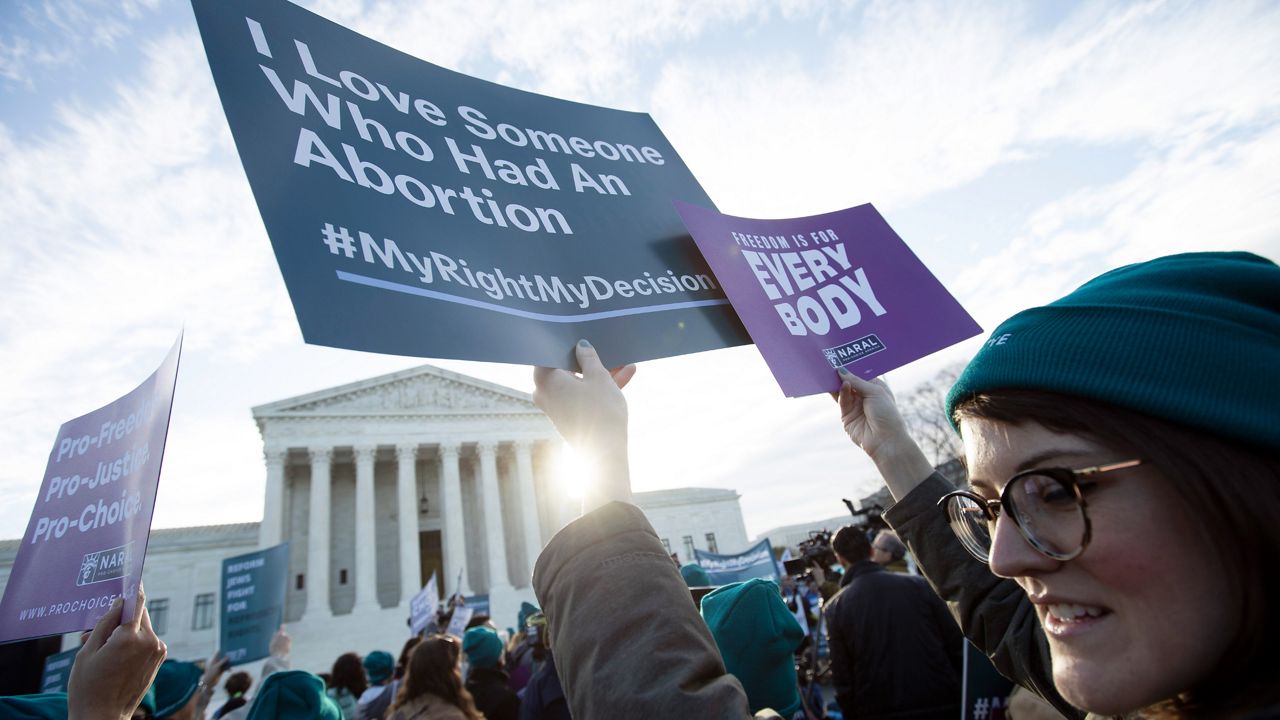The Fourth Circuit Court of Appeals struck down a North Carolina law that banned abortions after 20 weeks of pregnancy.
The ruling, issued Wednesday, found that abortion providers did have standing to sue over the law. A lower court, and now the federal appeals court, said the abortion providers could sue the state because they faced "a credible threat of prosecution" if they performed an abortion after 20 weeks of pregnancy.
"Today’s ruling is an important victory for our patients across North Carolina,” Planned Parenthood South Atlantic president and CEO Jenny Black said in a statement. “Abortion remains inaccessible for many North Carolinians, and we will continue to protect and expand access to this essential health care."
Genevieve Scott, Senior Staff Attorney at the Center for Reproductive Rights, called the decision "a victory for the women and doctors of North Carolina."
“This ban is unconstitutional and ignores the unique circumstances, challenges, and potential complications pregnant women face. Politicians taking medical options off the table for women at any stage of pregnancy is irrational and dangerous,” Scott said in a statement.
Planned Parenthood and three abortion providers sued state Medical Board president Eleanor Green, Department of Health and Human Services Secretary Dr. Mandy Cohen and two district attorneys over the 2015 law. The law essentially banned abortions after 20 weeks of pregnancy and limited the medical exemptions for legal abortions after 20 weeks.
The abortion proviers sued in 2016, challenging the law. But, the Fourth Circuit wrote in a 3-0 decision, the state did not argue the law was constitutional, instead challenging that the abortion providers could not sue because they didn't have standing.
The state argued that no one has been prosecuted for breaking abortion laws in North Carolina, and abortion providers would not be charged under the new law.
"Amidst a wave of similar state action across the country, North Carolina has enacted legislation to restrict the availability of abortions and impose heightened requirements on abortion providers and women seeking abortions. Given these facts, we cannot reasonably assume that the abortion ban that North Carolina keeps on its books is 'largely symbolic,'” the judges wrote in the opinion.
Many of the other states with similar abortion laws submitted briefs to the court in favor of North Carolina's law, including West Virignia, South Carolina, Alabama, Alaska and Texas.
North Carolina could appeal to the ruling to the U.S. Supreme Court, which now has a conservative majority.









